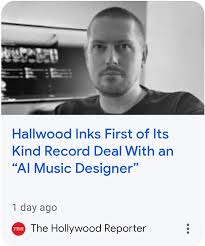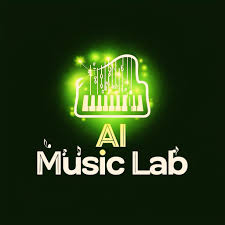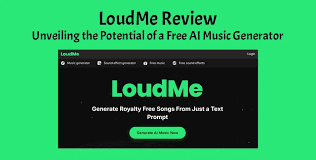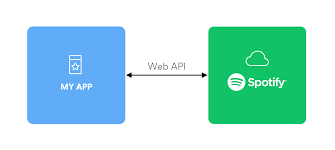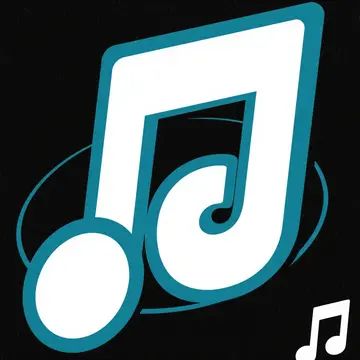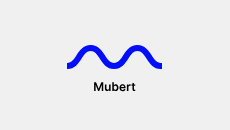Introduction: Is There a Suno API for Developers?
If you’re building a music app, a creative tool, or even a digital assistant that incorporates generative music, you’ve probably wondered: is there a Suno API? Suno has quickly emerged as one of the leading platforms for AI-generated music, making it easy for users to create original songs just by typing a prompt. But as of mid-2025, many developers and businesses are asking if Suno offers an API to integrate its powerful music generation features into their own tools or workflows.
In this blog post, we’ll take a deep dive into the current status of Suno API, its availability, potential alternatives, and workarounds. If you're trying to build something innovative and need reliable information on Suno’s developer tools, this guide is for you.
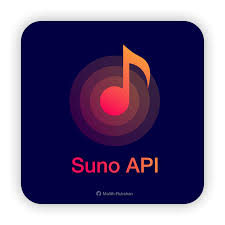
Current Status: Is There a Public Suno API?
As of June 2025, Suno does not offer a public API. The company has prioritized its web-based user interface, which allows users to create music using detailed text prompts. While this provides a user-friendly experience, it limits the ability for developers to programmatically interact with the system.
That said, discussions about an API have been circulating on developer forums and social media. Several Reddit users and GitHub discussions have hinted that Suno might be working on developer tools internally, but no official roadmap or documentation has been released yet.
? Confirmed: Suno has not released an official API or SDK for third-party use as of June 2025.
Why Is There No Suno API Yet?
There are a few possible reasons why Suno AI hasn't released a public API:
Scalability Concerns
Generating full-length songs with high-quality vocals and instruments is computationally expensive. Allowing third-party access might overwhelm Suno’s servers.Copyright and Licensing Issues
Even though Suno produces “original” music via AI, there are legal questions around how that music is used, especially in commercial projects.Quality Control
Suno wants to ensure that the music created with its platform meets certain standards. An open API might result in low-quality or inappropriate content being associated with the brand.
Developer Workarounds: Can You Still Use Suno with Code?
Even without a formal API, some developers have explored unofficial workarounds:
1. Browser Automation with Puppeteer or Selenium
You can technically control the Suno interface using browser automation. This means scripting interactions that mimic a human user.
Pros: Allows access to Suno features
Cons: Fragile and potentially against Suno’s Terms of Service
2. Screen Scraping for Metadata
While not ideal, scraping the Suno webpage can allow you to collect metadata such as track titles, URLs, or lyrics. This won’t let you create music but can help in cataloging existing songs.
3. Using the Suno Download Feature
Suno allows users to download AI-generated songs. Developers can automate this download process for personal or non-commercial use.
?? Warning: These methods are unofficial and could result in account suspension.
Alternatives That Offer APIs for AI Music Generation
While Suno API isn't available, there are a few legitimate alternatives that provide similar music generation capabilities with official API access:
AIVA API
AIVA (Artificial Intelligence Virtual Artist) provides an API for composing instrumental music.
Good for background scores, games, and videos.
Visit AIVA
Soundraw API (Business Use Only)
Soundraw provides an API for commercial clients.
Focused on royalty-free music generation.
Visit Soundraw
Loudly API
Loudly offers AI music generation and remixing tools with real-time preview via API.
Used in mobile apps and video platforms.
Visit Loudly
Mubert API
Mubert provides real-time music streaming via API and is widely used in apps and websites.
Royalty-free music that adapts to user context.
Visit Mubert
Will Suno Release an API in the Future?
While Suno has not confirmed any upcoming API, several indicators suggest they might consider it in the near future:
User Demand: Developers and businesses have consistently requested API access.
Market Growth: AI music generation is expanding rapidly, and competitors like AIVA and Mubert already serve B2B needs.
Enterprise Potential: An API would allow Suno to monetize beyond the web app through licensing and SaaS models.
If you're a developer interested in this, it's a good idea to join Suno's waitlist or contact their support to express your interest. Public demand can influence the company’s roadmap.
Conclusion: What You Can Do If You Need a Suno-Like API
To summarize:
No, there is currently no official Suno API.
Developers seeking programmatic music generation can explore platforms like AIVA, Mubert, or Soundraw.
Workarounds such as browser automation exist but are not recommended for long-term use.
If you want Suno to prioritize an API, consider submitting feedback directly to the company.
While the lack of a public API is a limitation today, the rapid evolution of generative music tools means this could change very soon. Stay tuned.
Frequently Asked Questions (FAQ)
Does Suno have a developer portal?
No, Suno does not currently provide a developer portal or documentation for an API.
Can I use Suno in my app or game?
Not directly. You would need to manually download tracks and ensure they comply with Suno’s usage policies.
What are the best Suno alternatives with an API?
AIVA, Mubert, and Soundraw are the most credible options for API-driven AI music generation.
Is it legal to automate Suno's interface?
This likely violates their Terms of Service. Use automation at your own risk.
Learn more about AI MUSIC

